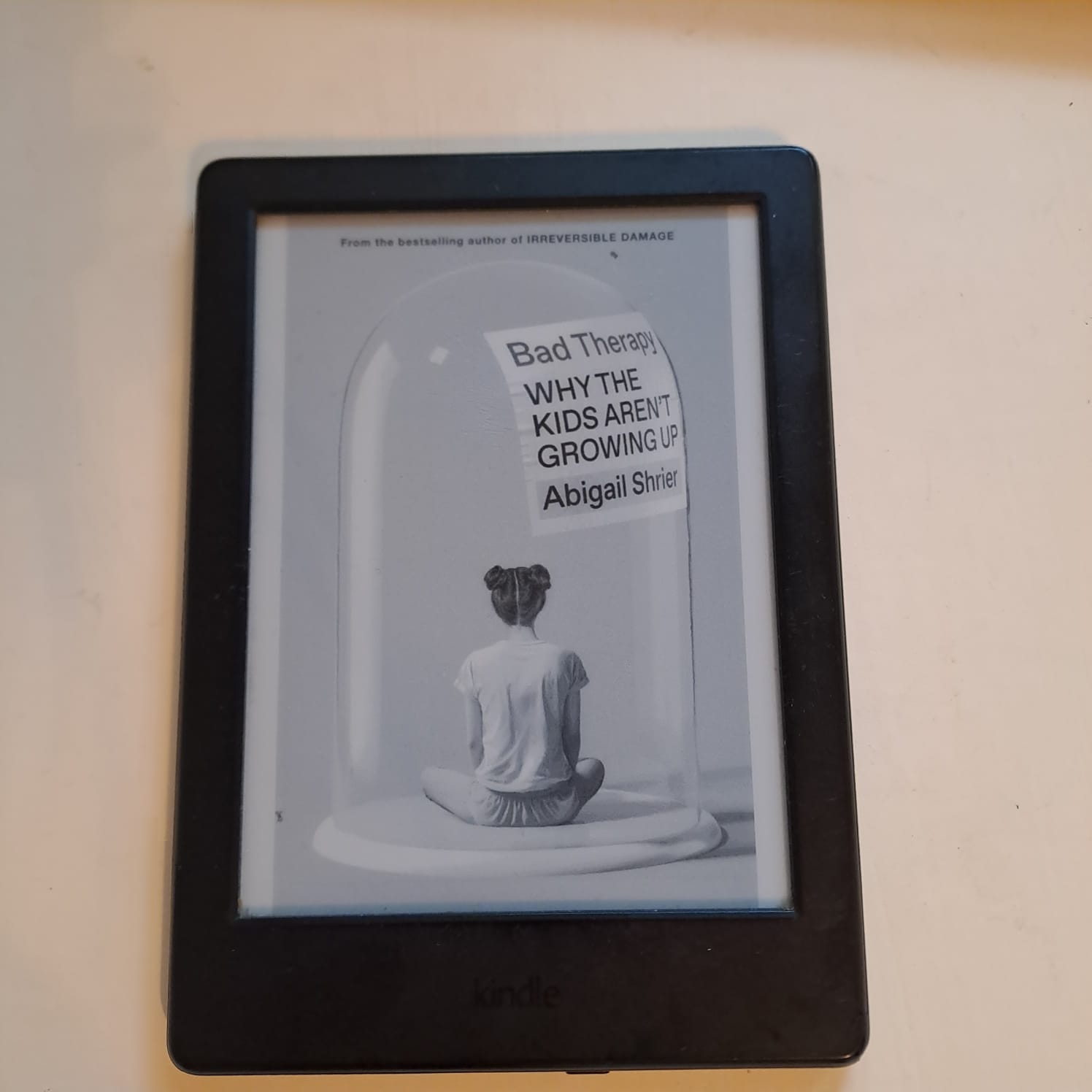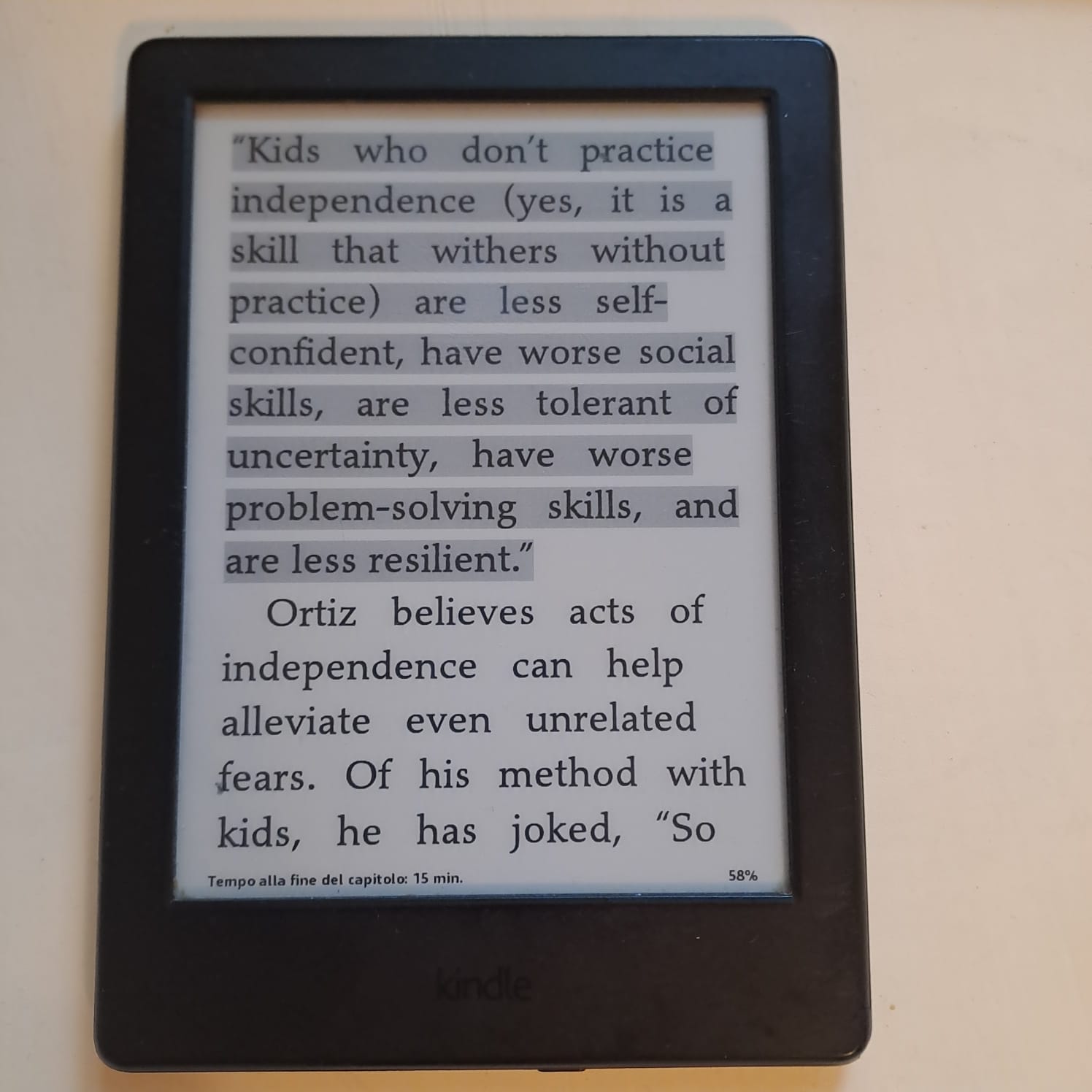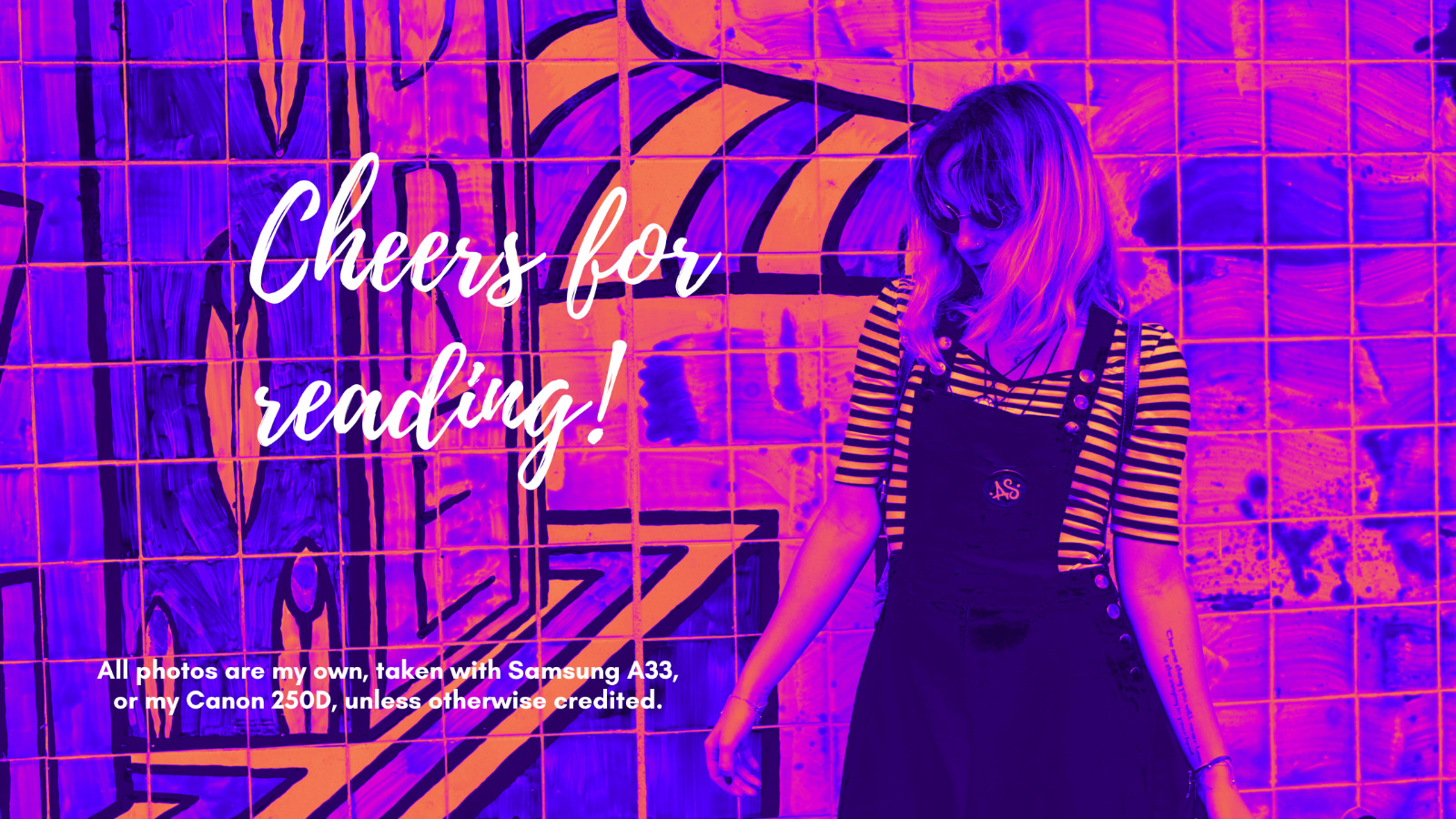Having enjoyed her 2020 book, "Irreversible Damage", quite a bit, I had high hopes when I picked up Abigail Shrier's brand new release, "Bad Therapy: Why The Kids Aren't Growing Up". Being at a point where I appreciate the positive influence therapy has had on my own life and that of cherished individuals, I knew this might be a hard sell for me. Yet I'm a firm believer in exposing yourself to opinions and views that go against your own as a form of inoculation against complacence.
I gotta say, after a strong beginning, the book started getting on my nerves a bit. I felt she attacked people like Gabor Mate and Bessel van der Kolk quite freely and without good reason, I thought. There's a tendency in our culture to throw out the baby with the bathwater quite easily, in that we disagree with one point a speaker makes and automatically cancel them as a whole.
I think we can both agree that yes, these people's teachings are used freely in a victim-mentality culture that keeps us forever complacent and whimpering. I don't think that should mean knocking them out completely. Personally, I think these people who talk about the very real physical effects of repressed trauma are onto something. I've seen it in myself and others.
Whether you choose to let that dictate your entire existence, however, is out of their hands (and not what they preach).
So after those rash few chapters (after all, generalizing harms an author's credibility far more than the reader's enjoyment), I really wanted to dislike the book. When I put it away, I wanted to think extremist with a couple good ideas. I wanted to dismiss it in that universal instinct to pillory everyone who dares disagree with our dear-held notions.
But I couldn't.

"Bad Therapy" is an alarming but necessary read, I'd argue, for people in general, and Americans in particular. It tolls the alarm bell on a frightful epidemic. One of complacency and over-medication. In her book, Shrier tackles questions like
- Why is the young generation incapable of taking on responsibilities?
- Why, despite being the generation with the most resources, are we the most depressed and anxious?
- Why can't young people handle adversity, even in small doses?
- And why are so many young people abhorred by the idea of having kids of their own?
She points not only to the dangers of over-medicating our young, but also of over-talking them. She suggests that maybe incessantly asking our kids if they're happy, excited, feeling great, and enjoying soccer is putting unnecessary pressure on them. As it would all human beings, in a society that prioritizes happiness, without it being our natural norm.
Shrier also relates the dangers of ruminating incessantly on the negative aspects of one life - how it can blow them way out of proportion and turn an otherwise good day into a miserable parade.
If we wanted to help kids with emotional regulation, I asked Kennair, what would we communicate instead? "I think I'd say: worry less. Ruminate less," Kennair said. "Try to verbalize everything you feel less. Try to self-monitor and be mindful of everything you do -- less."
The first part of the book also delves into the macabre aspects of the medical system. Something she said that stuck in my mind was that these therapists take the least sick people (i.e. normal teenagers with normal, banal teenage concerns) and turn them into the longest-running patients. Why? No risk, no toil, with endless reward. It is the psychological equivalent of Munchhausen by proxy, only instead of attention, the therapist might be keeping you (even making you) sick for money.

The latter part of the book tackled more practical approaches to parenting, and returns to the benefit of raising kids who'll shake a scrape off rather than pour over it. Obviously, one needs take this with a grain of salt. After all, blank statements of "you'll live" have been used to minimize neglect and trauma for generations. But that shouldn't mean we throw that entire mentality out the window.
Being severely neglected by your parent, yeah, you shouldn't and couldn't shake that off.
Losing a game in the schoolyard, on the other hand, can and should be minimized. You can't take every unpleasant thing that comes your way and turn it into life-shifting trauma, forcing everyone to walk on eggshells around you just because you're doing life.
"We pronounced you strong when you were still weak in order to avoid the struggles with you that would have fed your strength. We proclaimed you sound when you were foolish in order to avoid taking part in the long, slow, slogging effort that is the only route to genuine maturity of mind and feeling."
Lastly, one of my favorite parts of the book was Shrier highlighting the demotion of parents into "caregivers", on par with the teacher, the school counselor, the pediatrician and virtually anyone else who might feel compelled to stick their nose into how you raise your children.
We lost this somewhere along the way: the sense that these kids we raise, they're ours. Our responsibility and our privilege. We are not the subordinates of the school psychologist or the pediatrician or our kids' teachers. We are more important than all of them combined - as far as our kids are concerned. [...] When we refer to our own children by the labels the interlopers give us, we allow these experts to corrode our relationship with our children. We permit experts to downgrade how we see our daughters and sons. [...] The tags and labels are occasionally useful for experts, but for us, they just get in the way. They are reductive and demeaning, and they have absolutely no business polluting a parent's love.
At the end of the day, it's hard to dislike such a skillful writer. Especially as you realize they're right. Our culture does thrive on over-victimization and it's rapidly spelling the doom of our Western world. Earlier, I opened Instagram to a post by Patrick Teahan, therapist and something of an Internet personality specializing in something called complex PTSD, saying
If you wouldn't have your own children experience the exact childhood that you had, then it's ok to call it trauma.
I was relieved to find several people in the comments arguing against such a ludicrous, self-absorbed idea. While it's important to understand your own childhood (and reap your own dos and dont's) before having kids, this demonization of parents has gone on far too long in today's entitled Internet culture.
I don't think anyone would replicate their childhood 100%. Does that mean we were all traumatized? Come on.
Just because you would perhaps use different language or impose rules differently than your parents doesn't mean you were a victim. It means you were raised by human beings, not robots. I reckon Shrier is right on the money, arguing how easily we'll drift from healthy assessment of how our childhood might have shaped our patterns and behaviors, into unhealthy "poor me" obsessive thinking. Everything's an attack, and you are always on the receiving end. Needless to say you are always right, and must be coddled and rewarded. You become so self-involved you forget the main thing - you know, doing life. And with it, you obliterate all thought of doing for others. Because you can't do for others when you're busy nitpicking every little scrape, and turning it into a lifelong scar.
You should read "Bad Therapy". If you have kids. Or plan on having kids. But also, if you don't. Or if your kids are all grown-up. Because it's about the world we all share and so far, there isn't an opt-out button.
